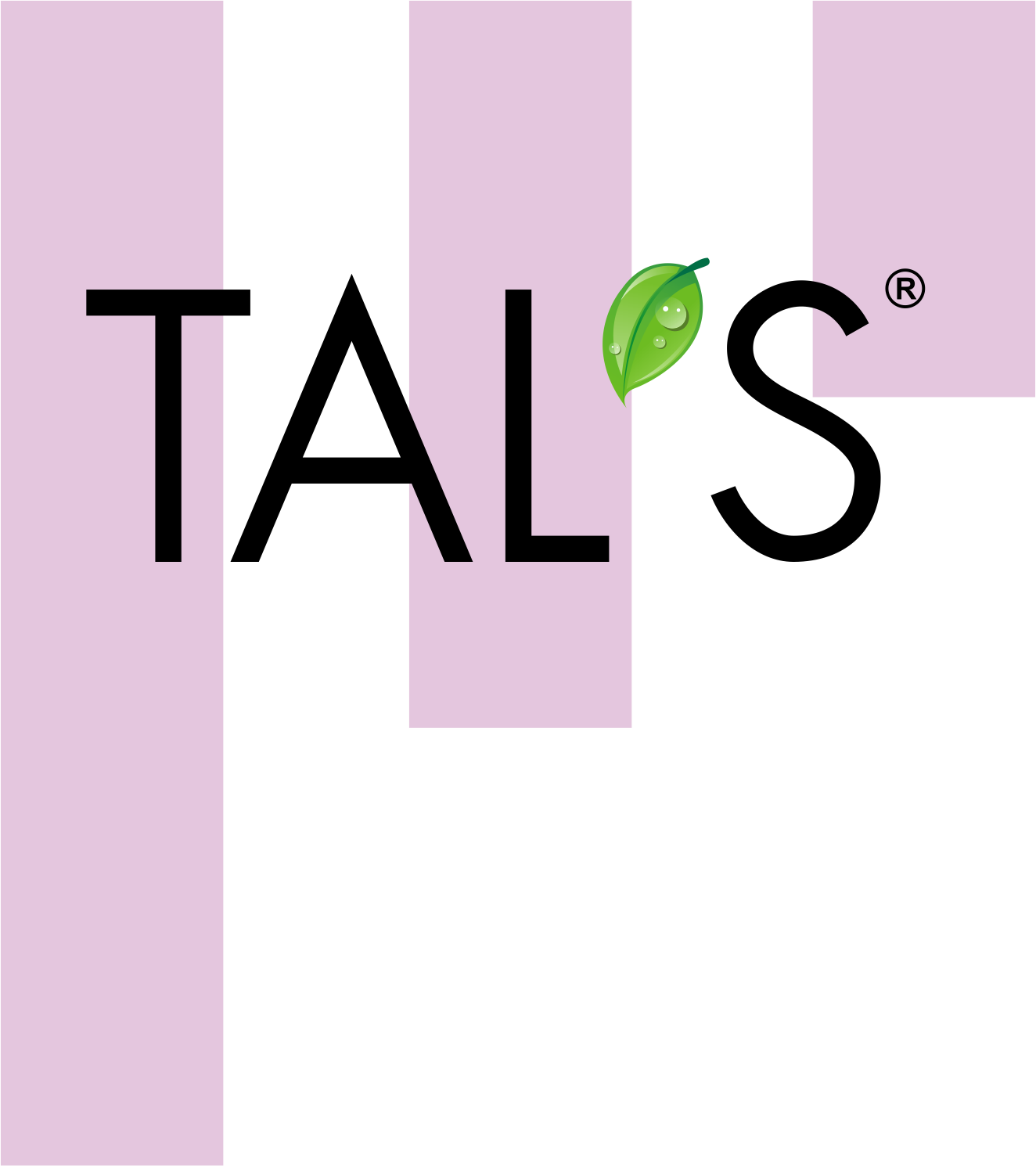Peanut Allergy: All You Need to Know
Peanut allergy is the most common allergy in children in the US, with nearly 2.5 percent of children allergic to peanuts. This is also why many schools no longer serve or allow food with peanuts in them, as it can result in anaphylaxis.

However, despite this being such a common allergy, there is a lot of misconception about it. For instance, most people believe that peanut allergies are lifelong, although research shows that about 20 percent of people outgrow theirs.
Even if you don’t have a peanut allergy, it is best to be informed as it’s common and somebody you know may have it.
What Do Peanut Allergies Look Like?
In children, the reactions to a peanut allergy are usually severe and can start immediately after exposure to peanuts. Some symptoms are life-threatening and the faster you act, the better it is for the person with the allergy.
Some common symptoms that may start occurring include skin reactions such as hives or rashes or itching around the mouth or throat. There can be stomach-related issues like nausea, diarrhea, or vomiting. Some people also experience shortness of breath and tightening around the mouth, watery eyes and a runny rose.
Sometimes the situation can escalate with anaphylaxis, a reaction in which the person’s throat will swell, and they will find it very difficult to breathe; the blood pressure may drop and there may be a higher pulse and loss of consciousness. This is a medical emergency that needs immediate attention.
What Causes Peanut Allergies?
Medical experts are yet to figure out what exactly causes people to be allergic to peanuts. However, we have some idea about who may be more likely to have this sort of allergy based on data from several years.
Peanut allergies are mostly common in children, including infants and toddlers, but about 20 percent of kids grow out of it by the age of 8 as their immune system strengthens. However, people who had peanut allergies as children are more likely to see it make a comeback in adulthood.
Peanut allergies may also run in families; you may also have a risk of developing it if you or your family suffer from other food allergies.
What To Do If You or Someone You Know Has Peanut Allergy?
Well, the smartest course of action is staying away from peanuts in all forms. Yes, that means no peanut butter and jelly. You also have to take care of indirect contact with peanuts as any type of contact will cause your immune system to react.
Therefore, people with peanut allergies should not eat peanut-containing foods and also refrain from touching them. You should also take into account any cross-contact or inhalation, such as particles from peanut flour.
If you or somebody you know is having what you suspect to be an allergic reaction to peanuts, seek medical attention if the symptoms worsen.
But despite the bad reputation, it’s worth mentioning that peanuts do have a lot healthy benefits and are nutrient-rich. So, if you are allergic to peanuts, you may be losing out on some essential vitamins and nutrients you could get from peanuts.
To overcome this, you should take supplements.
You can order your supplements online from TAL’s. We also have PH balancing vitamins and much more. Check out our stock.

